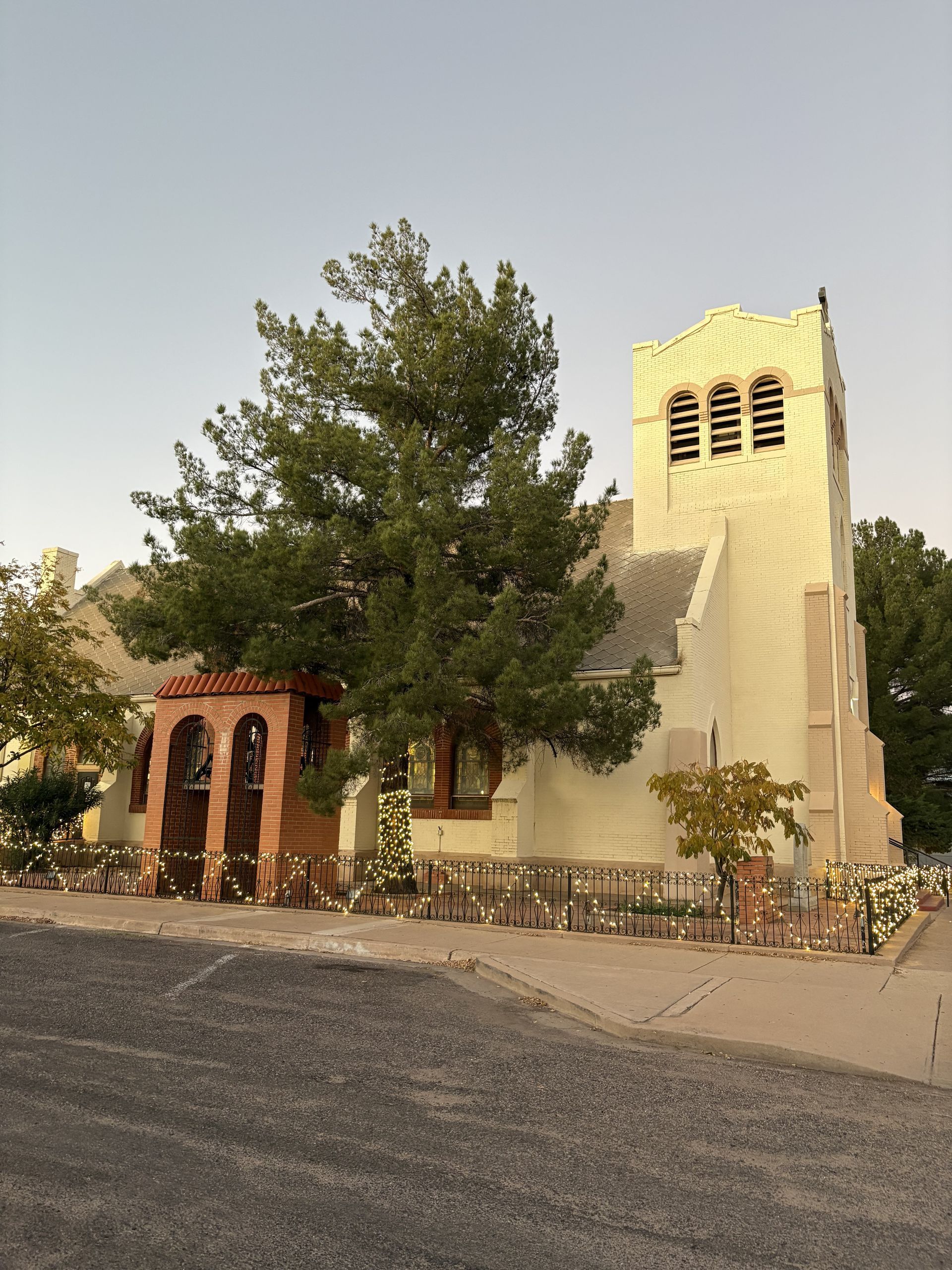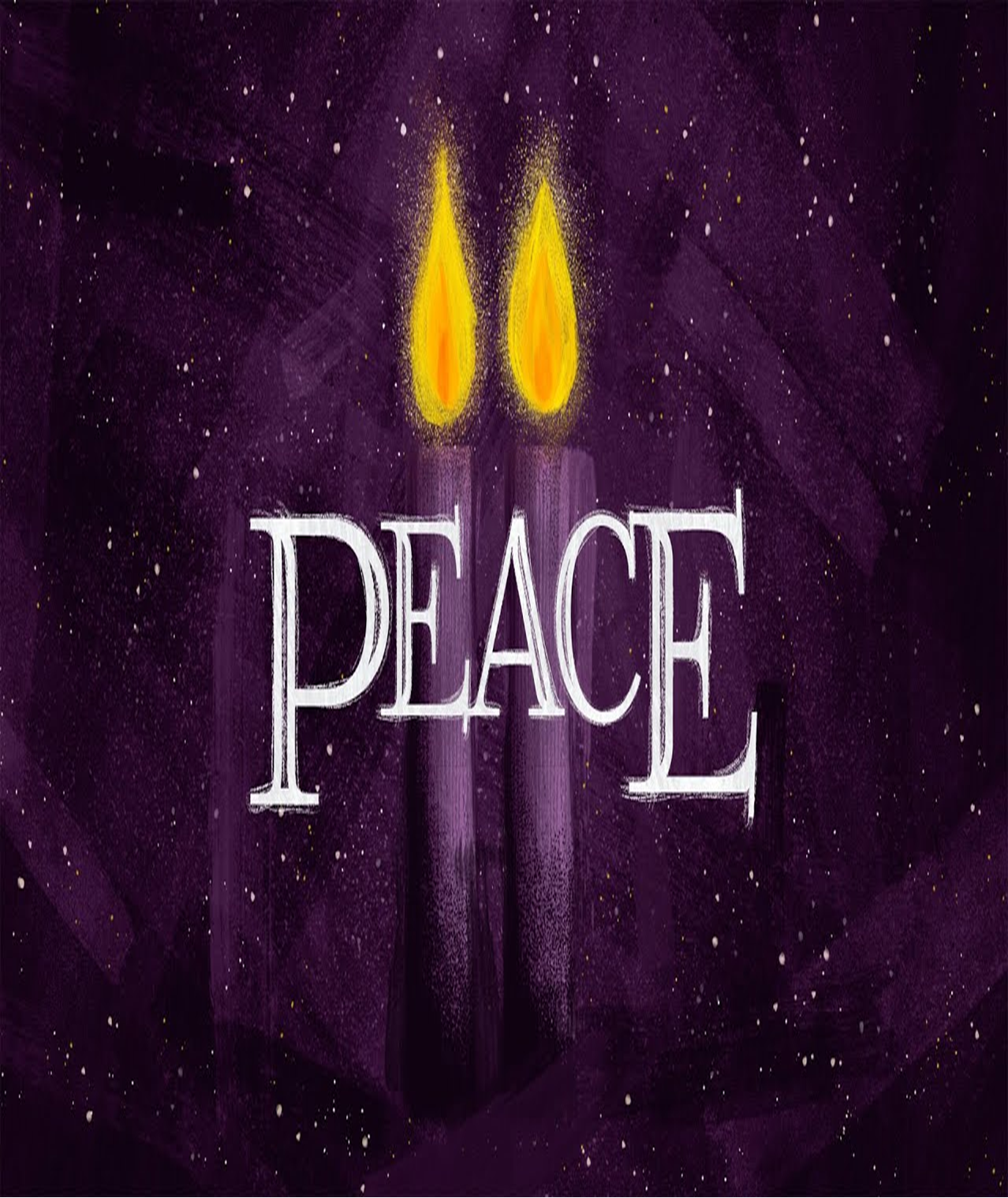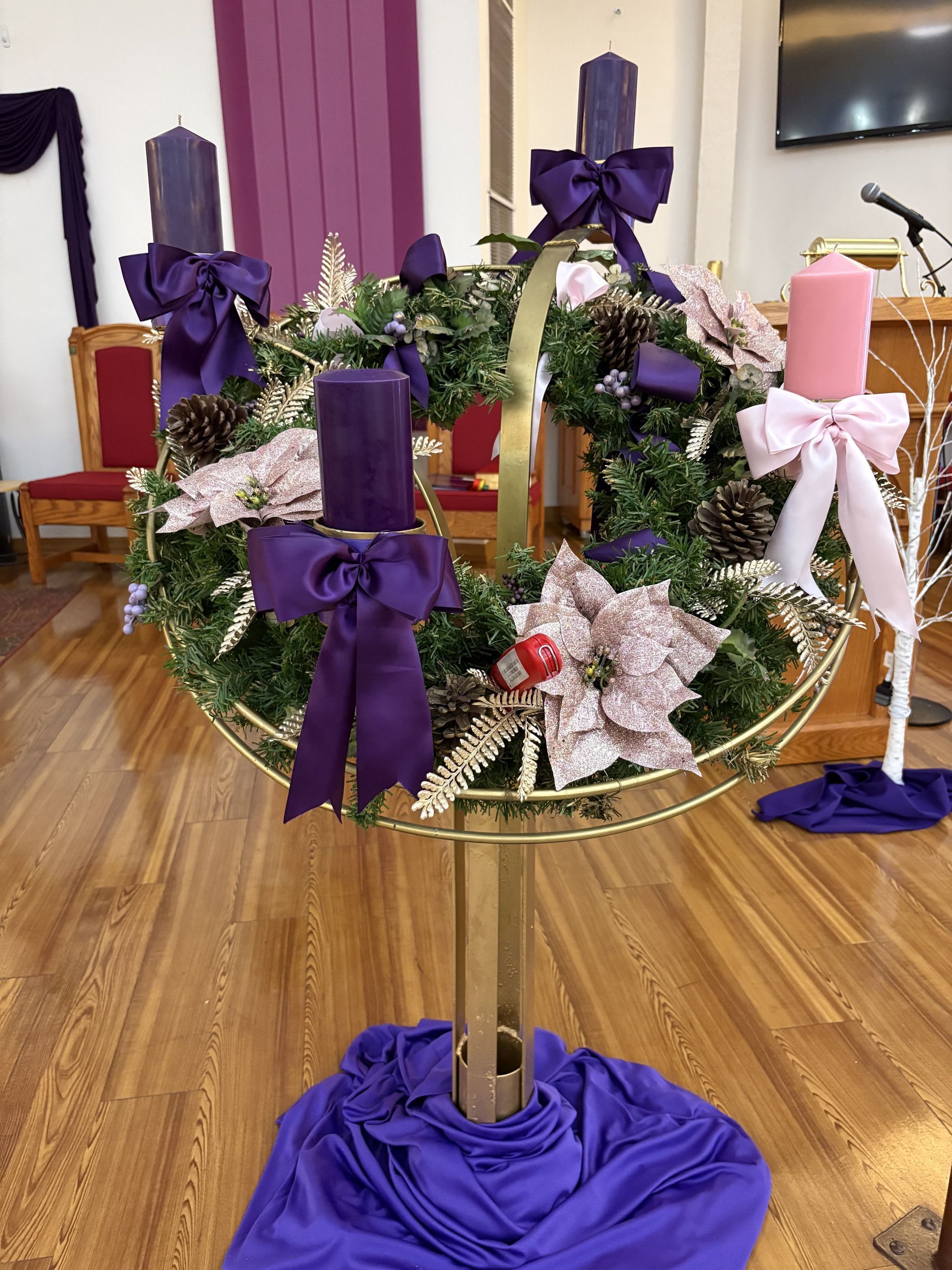This Sunday's gospel (Matthew 5: 38-48) is the climax of the antitheses: turn the other cheek, hand your cloak as well, go the extra mile, give freely, love your enemy and pray for those who persecute you. Similarly, the first reading from the book of Leviticus 19, a book bursting with God’s command to be holy and to be loving, located right at the center of the Pentateuch and the Gospel from Matthew asking us to be perfect as our heavenly father is perfect along with its heavy requirements provide us many things to ponder.
it starts off with the law of retaliation (lex talionis), “an eye for an eye, a tooth for a tooth” which is a fair and just law by ancient standards and suggests personal responsibility and accountability for one’s actions. It’s a revenge (best described as crime and punishment) but its purpose is to keep the matter from getting worse. Although it’s unthinkable in the American setting to turn the other cheek to an aggressive attacker, much less allow yourself to be slapped in the face with either hand even once, whoever does that (bullying 101) needs help. To be slapped on your right cheek is worse than the left as it deliberately brings insult and assault to the victim. If someone asks for your tunic/shirt (the inner garment that covers the whole body and touches the skin), hand your cloak (the outer larger/heavier garment) as well even if obviously you'll be left with nothing. If your oppressor or someone higher than you force you into service for one mile, double it, go the extra mile. “Give to the one who asks of you, and do not turn your back on one who wants to borrow”. Would you tolerate a slanderous person if the reputation of an individual, community and institution is at stake?
“love your neighbor and hate your enemy” may have its reference to Leviticus 19:18 but there’s no Old Testament commandment to hate one’s enemy. That’s unimaginable. If people engage in battle and go to war, they follow the law of retaliation which goes into a vicious cycle. Now comes the cream of the crop. But I say to you, “love your enemy and pray for those who persecute you.” The enemy here refers to those who harm you, oppress you and inflict evil upon you. The person whose fashion style, hairdo, looks and outside appearance you don’t like, doesn’t fall into this category. E nemies are the ones causing oppression and making life difficult for you and me. Christians are meant to break the cycle of hatred and revenge through non- violence/retaliation. Who are your enemies? I'm sure we do all have. In the biblical times to this day, hatred, revenge, violence, retaliation and holding grudges have been fairly understood as necessary evil, a powerful tool for a just and humane society. Dialogue is necessary to fulfill the church’s mission, Christ’s command. In such a magnitude as wiping terrorism and the other isms, what we have so far learned if the current state of societal and global affairs is any indication, the normal and last recourse to attain peace is war and violence. If you want peace, work for justice.
We are down to the last verse, “Be perfect just as your heavenly father is perfect.” We are called to be holy, to be ‘other’, to be different, to separate ourselves from the ways of the world, to pattern our lives after the example of Christ. These commands are God’s plan for a thriving and peaceful society which can be summed up in the Universal Call to Holiness and Perfection inscribed in the Vatican II’s Dogmatic Constitution on the Church Lumen Gentium, Chapter V. The opening verse of the first reading says it all, “Speak to the whole Israelite community and tell them: Be holy, for I, the Lord, your God, am holy (Lev. 19: 1-2).” This exhortation to imitate God is communal. Holiness means character that shapes actions and not simply piety. The litmus test of being holy and perfect is determined by the manner in which we relate with one another. Love of neighbor is central.
As a people of God, we are summoned to a higher level of existence that we may lit up the world by doing the exact opposite: work wonders, seek no revenge, don’t slander, hold no grudges, turn the other cheek, go the extra mile, be generous enough, lend and don’t refuse anyone in need, hand even the tunic when asked for a cloak, love your neighbor, love not only the lovable, but go deeper even a step higher, even your enemy, seek what is best for both, people who, even without provocation, make your blood pressure go up, those who do you harm, those who ruin your name, those who unjustly take your possessions and destroy your reputation and pray for your persecutors.



